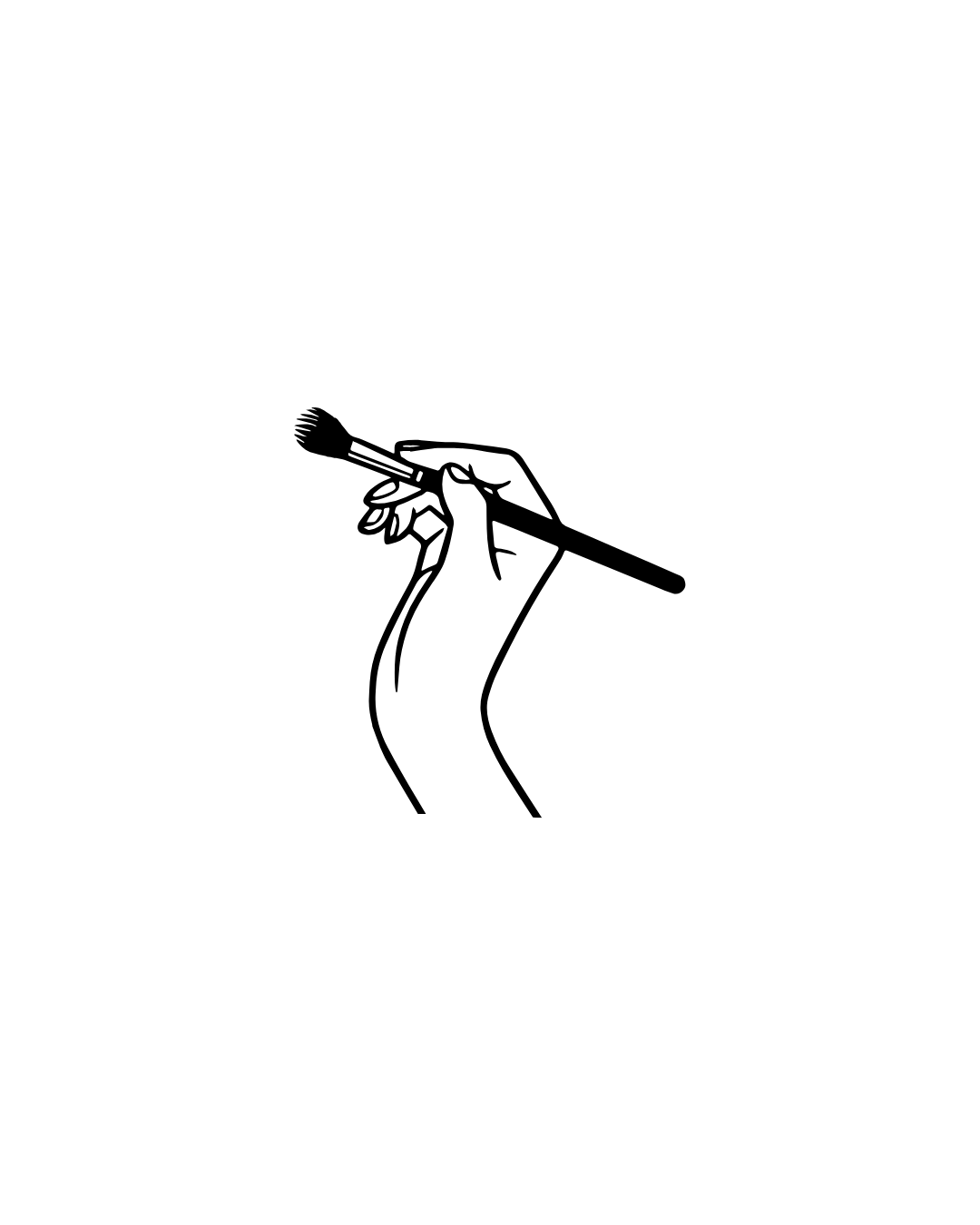Description
The Diploma in Vocational Education (D.Voc) in Camera Operation is a specialized program designed to equip students with the skills and knowledge necessary to work effectively as camera operators in film, television, and video production. Camera operators are essential to the visual storytelling process, capturing the action and emotion of scenes through their expertise in camera operation and composition.
Course Details:
Duration: Typically 1 to 2 years, depending on the institution.
Eligibility: Candidates usually need to have completed their secondary education (10th or 12th grade). A background in media, arts, or communication can be beneficial but is not always required.
Mode of Study: The program is usually offered as a full-time course that combines theoretical learning with practical hands-on experience.
Curriculum:
The curriculum for a Diploma in Camera Operation typically includes the following key areas:
1. Introduction to Camera Operation
Role of the Camera Operator:
Understanding the responsibilities and functions of a camera operator in various production environments.
Film and Television Basics:
An overview of the film and television industry and how camera operators fit into production teams.
2. Camera Equipment and Technology
Types of Cameras:
Familiarization with different types of cameras used in the industry (e.g., DSLR, cinema cameras) and their features.
Camera Accessories:
Understanding the use of lenses, tripods, steadicams, dollies, and other equipment that assist in capturing high-quality footage.
3. Camera Techniques and Composition
Framing and Composition:
Learning techniques for framing shots, including the rule of thirds, leading lines, and depth of field.
Camera Movements:
Techniques for executing various camera movements (pan, tilt, dolly, crane) to enhance storytelling.
4. Lighting for Video Production
Understanding Lighting:
Basics of lighting techniques and how they affect the quality and mood of footage.
Lighting Equipment:
Familiarity with different lighting setups (key light, fill light, backlight) and their applications in various shot scenarios.
5. Audio Fundamentals
Basic Sound Recording:
Understanding the importance of audio in video production and how to operate microphones and audio recording equipment.
Syncing Audio and Video:
Techniques for ensuring proper synchronization of audio with visual content during shooting.
6. Working on Set
Collaboration with Crew:
Learning how to communicate and collaborate effectively with directors, producers, and other crew members on set.
Following Directions:
Techniques for taking direction from the director and adapting shots to meet production needs.
7. Practical Experience
Hands-On Projects:
Engaging in practical assignments that involve shooting different types of scenes, including short films, promotional videos, and more.
Portfolio Development:
Creating a professional portfolio that showcases the student’s camera work and stylistic capabilities.
Assessment:
Assessment in this program typically includes:
Practical Exams:
Demonstrating camera operation skills and techniques during assigned projects.
Portfolio Evaluation:
Reviewing the student’s portfolio to assess their ability to capture and compose compelling footage.
Written Examinations:
Testing knowledge of camera operation, equipment, techniques, and industry practices.
Career Opportunities:
Graduates of the D.Voc in Camera Operation can pursue various career paths, including:
Camera Operator: Working on film sets, television, or live events to capture visual content.
Director of Photography: Progressing to a leadership role overseeing the cinematographic process and guiding camera operators and lighting technicians.
Steadicam Operator: Specializing in capturing smooth, dynamic shots using steadicam equipment.
Video Editor: Transitioning into video editing, where they can apply their understanding of footage and storytelling to cut together projects.
Freelance Camera Professional: Offering services as a freelance camera operator for various projects, including corporate videos, weddings, and independent films.
This diploma program is ideal for individuals with a passion for film and video production, who want to develop the technical skills necessary to succeed as camera operators in the industry. If you have any further questions or need more information, feel free to ask!









